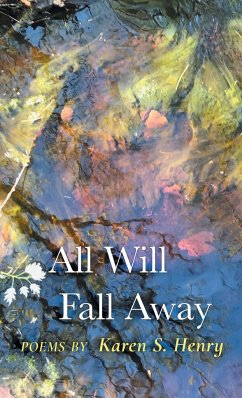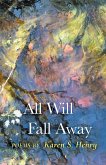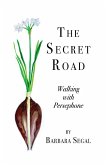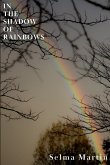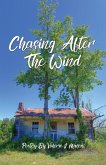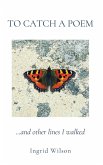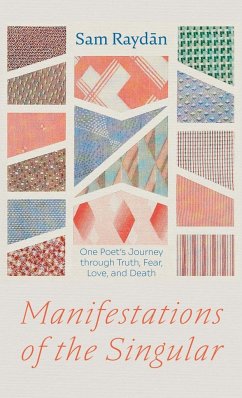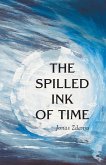All Will Fall Away opens with a young musician's first glorious and desperate experience of New Orleans, where he tastes "what no one said would be good for you/ the sharp burn of that shot on Bourbon Street" and where his "own songs spill out" in the "city of floods." Blues as an explicit theme returns in "Galveston Blues," recalling the storm "that shattered the island to splinters," the island that knows how to sing the blues, "Wanting to wail and cry in Mardi Gras drag/ with the keen guitar." In poems about the joy and ache of long-lasting love ("The Burn" and "Birch Bark,"), the blues of time passing is a haunting undercurrent. Time is a palpable force in poems that trace the abandonment of an old whaling museum, precursor, perhaps to our own abandonment of an earth we might not save because we do not love it enough. "The Work of the Forest" questions whether we have the vision to see our world in a way that inspires us to halt the damage we are doing to our environment before it is too late. Loss emerges as a complicated condition to be endured while witnessing the disappearance of a father suffering from Alzheimer's and a sister-in-law finally succumbing to cancer. But loss is constantly redeemed in the solace of nature, where the rhythmic cries of insects in October signal the possibility of love's last chance, and where the rare sun in winter turns "each bright berry" into "a circle of fire/ signaling plenty to the birds." "All Will Fall Away reinforces the faith in poetry's power to evoke the mystery, beauty, and complexity of existence enriched by myth," observes poet Grey Held. All Will Fall Away returns again and again to love -- erotic passion symbolized in a dream of immense vases of flowers "filled with effervescent water/ like champagne/ bubble trails surging to the top;" the love of a grandmother in distant Nicaragua for her stricken grandson; the faithful love of a gardener who is "rooted in a green life/ giving over to the cold." And in the final sequence, "Persephone Suite," "Henry connects her contemporary longings to the ancient story, inhabiting each character in turn," according to poet Alison Luterman. Henry's background in theater as a member of the experimental company KRAKEN, as a co-founder with her husband of the Boston Theater Group, and as writer and performer with Row Twelve Contemporary Music Ensemble, is apparent in the dramatic way she inhabits her speakers, who reveal their insights and emotions with clarity and depth. Dreams are the seeds of rich poems about family ties, some that bind and some that break. Ancient feuds are relived in the present but dreams occasionally offer the comfort of a resolution. Poet Judson Evans calls out the "Heraclitian fire [that] runs through this collection . . . It flashes out in the closely observed flinty frictions of the physical world, . . . and its transmutation of elements of love, family, nature, and dream is beautiful and fierce." As Luterman says about Henry's work, "Delicate, strong, full of longing and heart, these are nourishing poems for difficult times."
Hinweis: Dieser Artikel kann nur an eine deutsche Lieferadresse ausgeliefert werden.
Hinweis: Dieser Artikel kann nur an eine deutsche Lieferadresse ausgeliefert werden.

